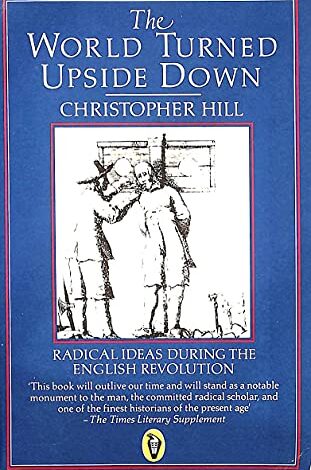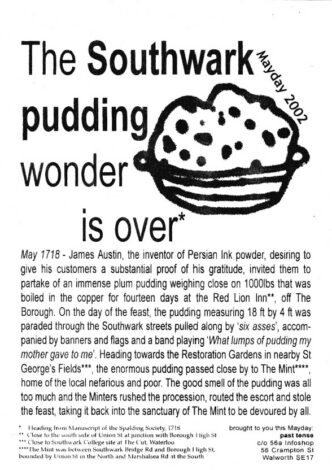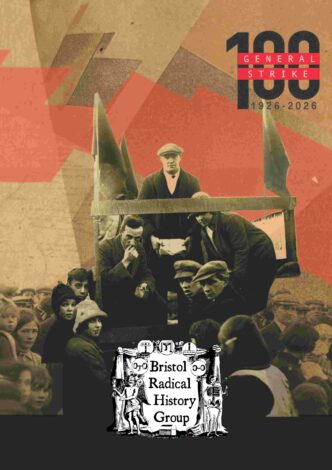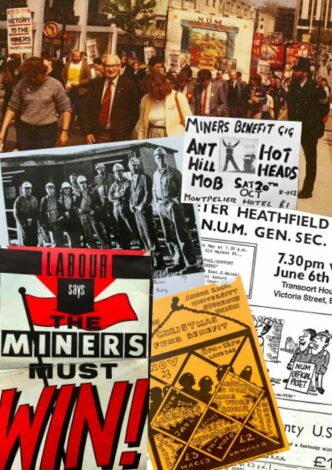Ireland: The Silent Voices
This ground-breaking documentary, originally made in 1983 for Channel 4 at the height of the war in Ireland, provided a critical counter-narrative to the pro-British propaganda spouted by most of the mainstream media in this country. Rarely seen, Ireland: The Silent Voices (80 mins), focuses on the stories and perspectives of ordinary people actively or passively involved in the conflict. In three parts, the film analyses the representation of the conflict on TV in Britain and in Europe. It […]







